.png?width=900&name=HERO%20Website%20Image%20TEMPLATE%20(38).png)
The Cayman Enterprise City (CEC) project has spent the past 10 years serving the needs of our community by helping to diversify our economy. With 135 nations now calling Cayman home, CEC has attracted new knowledge-based industries, facilitated innovation, and provided meaningful entrepreneurial and career opportunities for current and future generations of Caymanians.
CEC celebrates a decade of innovation, collaboration, and growth in the Cayman community, as well as considerable milestones including a more than half a billion dollar impact on the industry to date. We caught up with Chief Executive Officer, Charlie Kirkconnell, and Chief Development Officer, Cindy O’Hara, who have been involved in the project from the beginning to see how far CEC has come and what the plans are for the future.
How it started…
CEC: When was CEC established originally, and why?
CK: In 2011, on the heels of the global financial crisis of 2008, the Cayman Islands government was looking for projects that might create some additional economic diversity and attract some foreign direct investment from different sectors of the global economy. As everyone knows, we have historically been very heavily reliant on financial services and tourism.
So, we came along with a project that was designed to attract knowledge and technology-based businesses to set up a genuine physical presence here and it ticked a lot of important boxes for the government. After a relatively short period of negotiation around the agreement with the government, the proposed new laws, and so on, together we were quickly able to establish what is now the Special Economic Zones Act, a fully transparent product of a visionary agreement between the Cayman Islands Government and Cayman Enterprise City.
That happened in September of 2011, and after some ramping up, we finally launched officially as a project in February 2012, and we welcomed our first client later that month. And that’s when the hard work began.

CEC: After you had established, what did this ‘hard work’ look like in practice?
CO: At this point, we're very heavily invested. We really believe in the project, but now we must make the project work. I mean, it's from scratch, brand new. There wasn’t anything like it in the Caribbean at this point. We realised very quickly that we didn’t have the Dubai model of ‘we have lots of money, let's make something work’. So, what we looked towards was, okay, how do we make this work in our framework in the Cayman Islands?
In these early days, we were trying to figure out how CEC fit into Cayman, and into the legal system with laws that weren’t even passed yet. By mid-2012, we were quite unsettled with the direction of the project and where it was going.
CEC: So, the CEC you see today was not the original plan when you started?
CO: No, we had to sit back and reassess everything. We realised that the project was in a bit of a dream state, and we were waiting for things to happen. We had this vision but really needed to get down to the logistics of how this is going to work, how we were going to fill that pipeline and convince people to move businesses to the Cayman Islands that have historically not moved here in the past. So those early days were stressful for us.
CK: I can’t tell you how many conversations I had with people who weren’t sure if Cayman was the right place to set up a physical presence for their software development business or other SEZ type businesses. Trying to get people to picture the Cayman Islands as a global technology hub when you’re starting pretty much from zero is very hard.
And the truth of it is, we got to the end of 2012, and we were stagnant, unfocused and we had to make some changes. The mission and what it was going to take to accomplish it hadn’t been fully understood and accepted by all of the members of the team, and that was a real turning point for Cindy and I in the project. It was January 2013 when I stepped up as the CEO of the project, and I like to think that I restored some of that commitment to grinding it out every day, leading by example rather than waiting for things to happen.
CEC: What was the strategy moving forward past this point?
CK: We had to make it work for clients in the way that we were advertising it. Fast-tracking, cost efficiency, great place to live and work. All those sorts of things. So, we focused on making a good product exactly what it was supposed to be. We knew that people having a good experience would be the key, as would leveraging that and then moving on to the next one.
When we started, we set ourselves up for overnight success but when reality hit, we found ourselves bootstrapping and working tirelessly to deliver on the project’s potential, to make it a reality. An important moment in the middle of all of this was when we realised that we needed to focus on building a community and making sure that our clients were having a great experience in Cayman. Focusing on that really changed the fortunes of the project.
Of course, over the years we’ve come up with ways to make things work more efficiently. Now, we have almost 300 companies set up in the zone, which we’re not only onboarding and bringing to the island but helping once they’re here. The feedback we get from clients who have done this before in other jurisdictions is that this is the best experience they’ve had setting up an office in a new place.
That for me is where success lies. When we can deliver the product that we're selling at the level that is real and is consistent with what we've told people to expect, then as long as we can do that, we feel like we will continue to be successful.
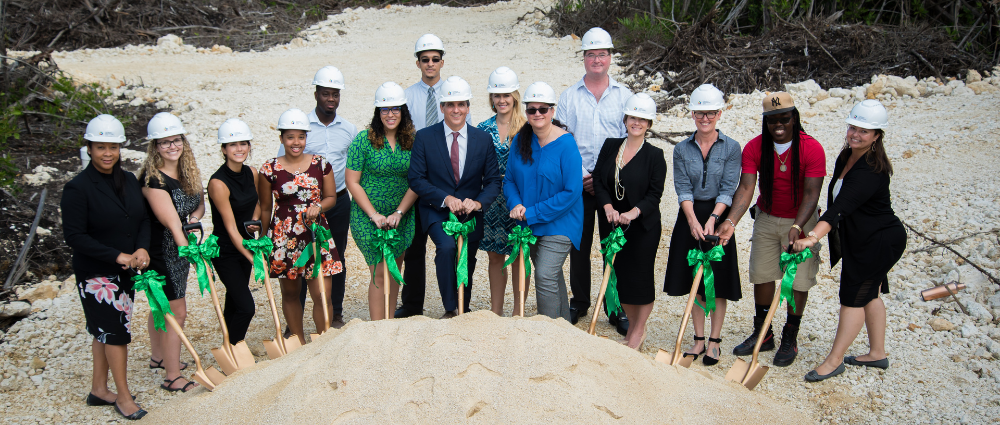
Milestones and accomplishments over the last 10 years
CEC: Let’s talk about what you’ve achieved in the last 10 years as a result of the project because the list is impressive. Do you remember your first milestone?CK: In the last 10 years, we've attracted businesses from all around the world to set up a genuine physical presence here, to actually open an office and put people on the ground here doing the work of their global company. We've worked with everything from one person technology development companies all the way up to global publicly listed companies.
The very first milestone that I remember being significant for us was winning the Special Award from the Caribbean Association of Investment Promotion Agencies, and I went to Belize for the finals and to receive the award in 2013. It was a big deal for us because it was the first recognition that we received from an international, or at least a regional, body for the potential of the project, for our success, and for the hard work we had put in up until that point.
CEC: What other recognitions have CEC achieved that you’re particularly proud of?
CK: I’m proud of everything we’ve achieved, but I think some of our other significant achievements have been:
- Being recognised as one of the top free zones globally by the Foreign Direct Investment Magazine, which is a division of the Financial Times. In 2020 we were recognised as the top free zone in the Americas and as the fifth best free zone globally. It's an honour to be recognised on such a large stage, especially because we are being compared to some of the biggest free zone projects in locations around the world, including Dubai, Singapore, and South America as well.
- The groundbreaking at our main campus in November of 2018 was a very, very important event for us. It's a long time coming, I think, as many people will acknowledge, and so will we. But obviously, it wasn't an easy milestone to achieve.
- Our Enterprise Cayman initiative was recently rebranded and relaunched as an NPO (Non-Profit Organisation) which was an important step for us. It was a significant upgrade and commitment to the mission of that initiative, which is focused on making young Caymanians aware of the opportunities that are being created within the CEC special economic zones and on helping them get prepared for those opportunities.
- Then, of course, getting to the 10-year mark of the project. We're very proud of how we stuck with it, and even though there have been some difficult times, there have been lots of great times as well. By sticking with it, grinding it out on a day-by-day basis and just refusing to fail, we have made it to the 10-year mark and we're very proud of that.
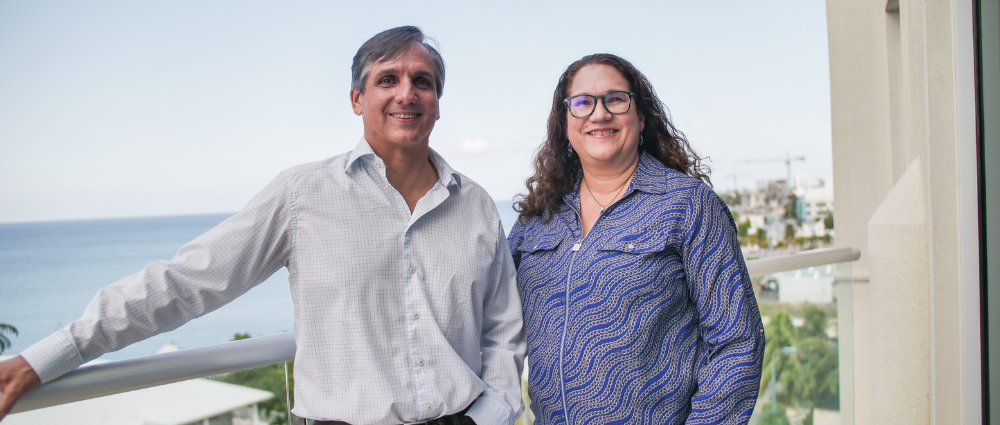
Looking towards the future…
CEC: It’s definitely something to be proud of, and the impact on the Cayman community is incredible. What are you hoping to achieve in the future?
CK: We hope the future is more of the same and we remain committed to doing what it takes to continue growing. I’m still not tired after ten years (okay, maybe a little), but we don’t have the luxury of relaxing and have no intention to do so. We’re going to continue to grow the project in the way we’ve grown it over the last ten years.
Our goal is to start our second building in early 2023 and then continue to develop the main campus as a mixed-use development, to where it becomes a very exciting, vibrant home for the CEC special economic zones including commercial, related retail, and residential real estate. So, we can really create a very vibrant, unique technology hub right here in Cayman.
CO: If the first ten years were the start, it's just the beginning for us. That's how we see it. We live in the most beautiful place and making sure that we can get outside and be part of a larger community is part of the work flexibility and lifestyle we’re trying to create. It’s more than having an office, it’s finding inspiration almost everywhere. CEC as a project has evolved over the last ten years, and just like a business evolves, so does our master plan. Creating that inspiration is part of our vision too. I’m inspired by the project every day, and we’re constantly refining and working on it with passion.
We’re very excited by the new iteration, which is more sustainable and world-class. The involvement and skin in the game that we have means we’re 100% in this project, and that’s almost the best part. I don’t think there are many architects in the world who get to design a city, so I’m definitely one of the luckiest people that I can do something I love and build something with purpose.
It’s not just one building. Ten years from now we’ll have half a city, 20 years from now we’ll have a whole city to make an even more vibrant community so we can accommodate the needs of the Cayman Islands and Cayman community as a whole.
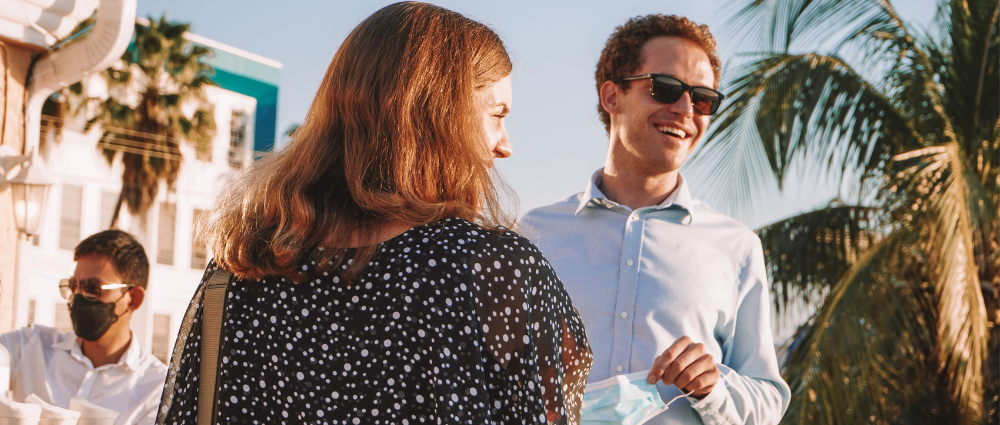
CEC: Speaking of the Cayman community, how do you see the project impacting the community over the next few years?
CK: We recognise that the success of this project will have significant benefits for the country, not just today, but also in the many years ahead through driving additional economic growth. The socioeconomic impact that the project will have, has had, and will continue to have, is in the career, economic, and entrepreneurial opportunities for Caymanians.
And also, just outside of the direct impact of the CEC project, there's the indirect impact of the growing population that becomes an expanded customer base for local businesses and drives government revenue through Cayman’s system of indirect taxation, i.e. through import duties, stamp duty, and all of those sorts of things. But we believe that the most significant impact of our project is in the creation of the knowledge and technology-focused hub that will create economic diversification, expanded foreign direct investment in the knowledge and technology focused sector, and knowledge transfer.
While the CEC project was not set up in the way that it's ended up, the fact that it has ended up this way, I think has been tremendous for Cayman and has proven that these types of projects can be led by Caymanians. To that end, we encourage the government that in the future, when these opportunities arise, to take a hard look at how to get Caymanians more involved, more involved than on kind of a minority local partner or “finder’s fee” basis.
CEC: Anything else you’d like to add for your 10th anniversary?
CK: Thank you to everyone that has supported us through the years. We hope you are as proud as we are of what Cayman’s special economic zones project has accomplished over its first 10 years, and as excited as we are about what the future holds.
And to anyone that might be thinking about setting up a technology or knowledge-focused business in a new jurisdiction, Cayman is your best choice because of the vibrant mixed-use business park and community that we are developing, and because of the quality of life that Cayman can deliver. This is a truly a fantastic place to live and work.

Thank you to Charlie Kirkconnell and Cindy O’Hara for taking the time to share their story. To learn more about everything CEC has achieved, the promise, and view the economic impact report, head over to: https://www.caymanenterprisecity.com/10yearanniversary

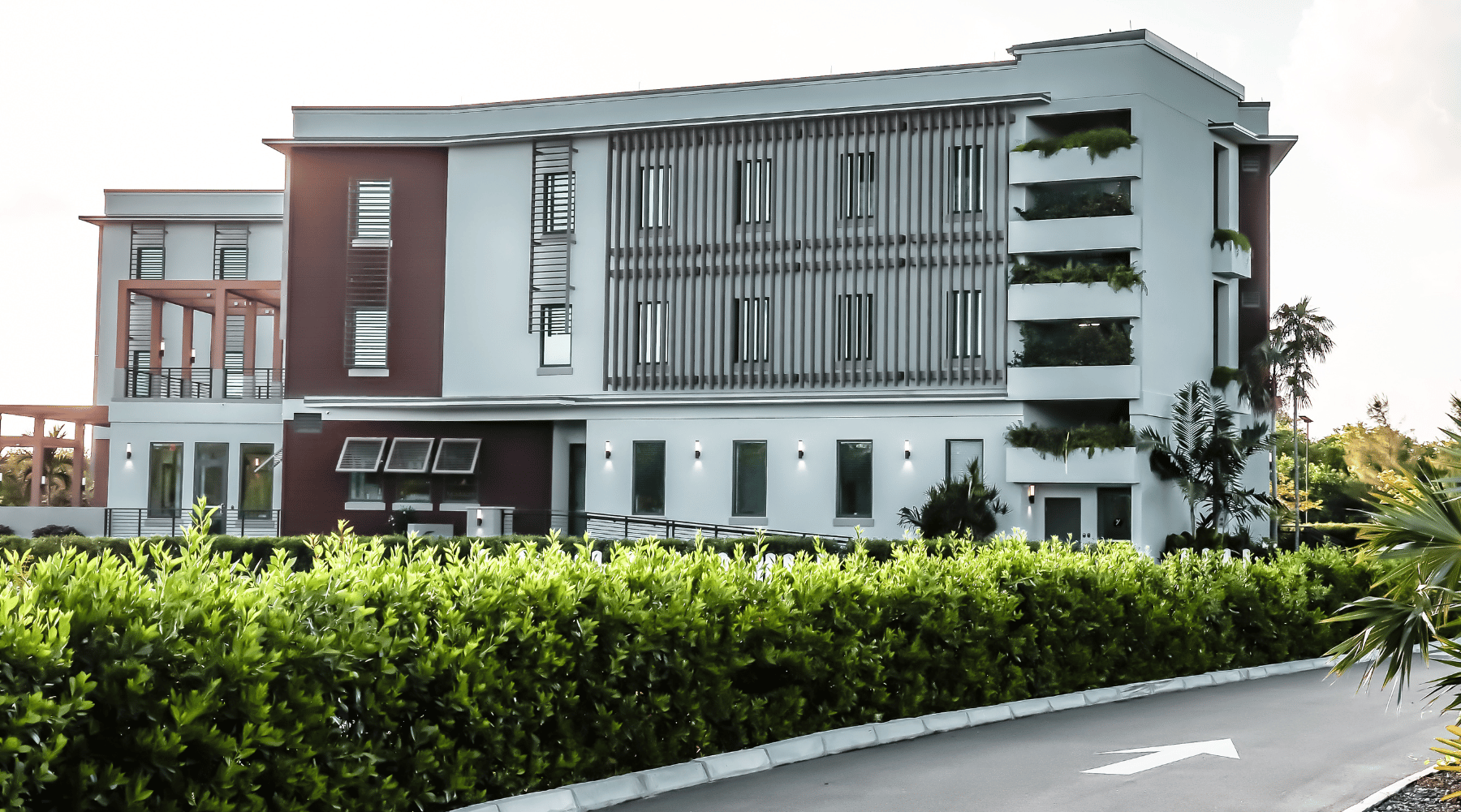
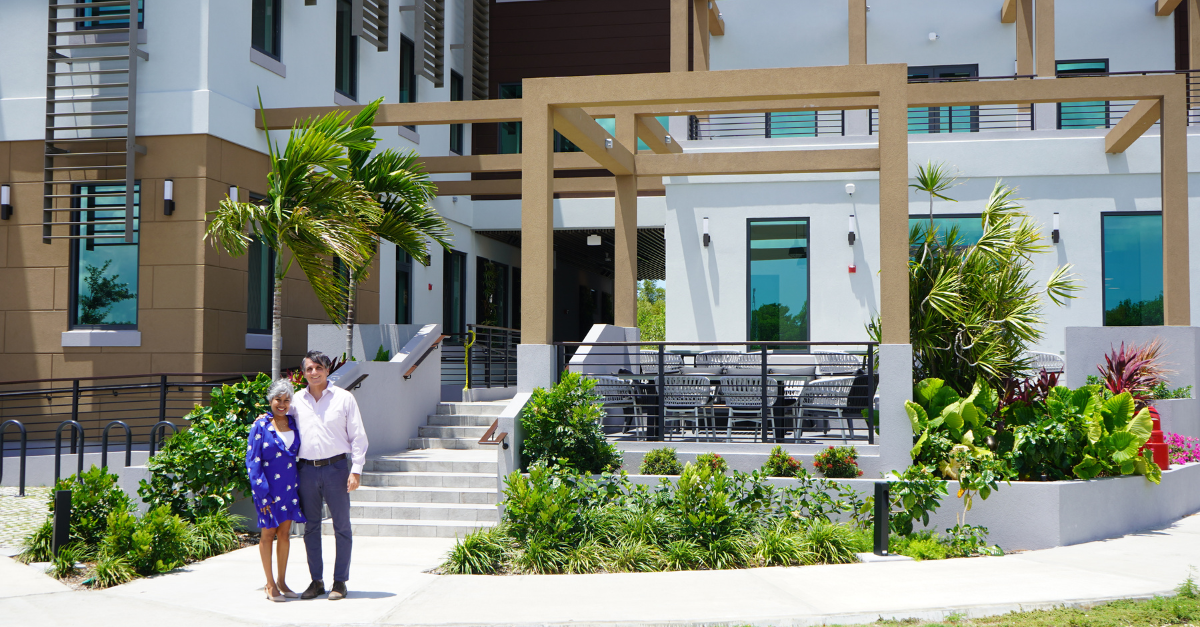

.jpg)
